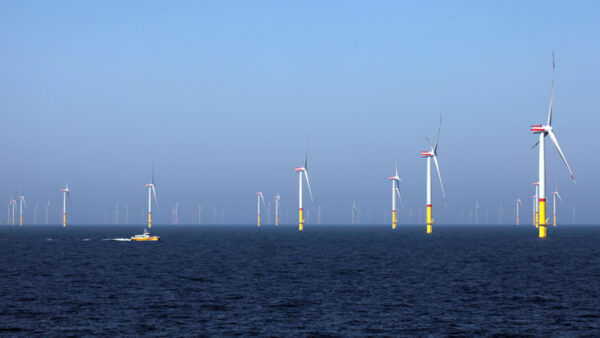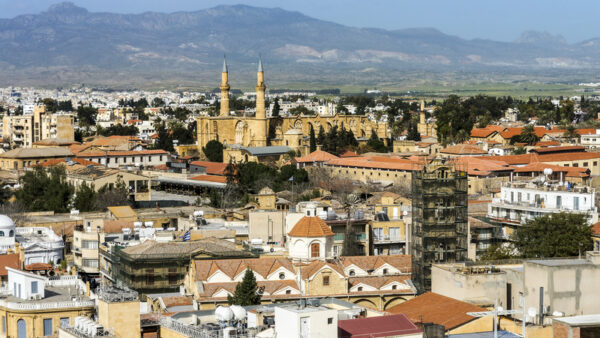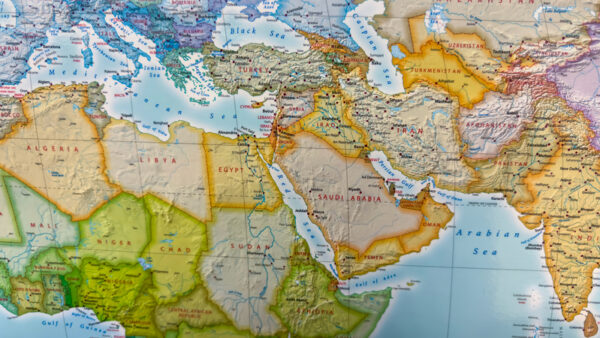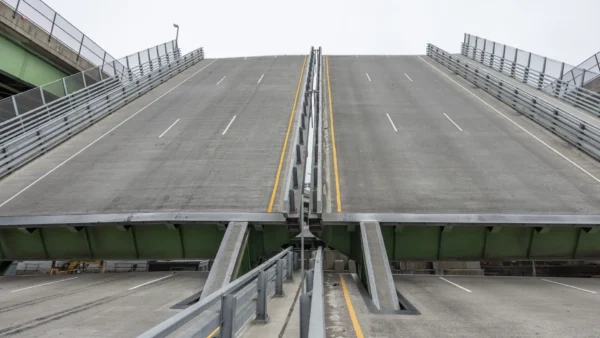11 October 2013
Following reports of “modern day slavery” at Qatar’s 2022 World Cup work sites, news has emerged of a similar situation in Brazil at a project connected to the 2014 World Cup.
A BBC report says that an investigation into the expansion of Sao Paulo international airport found that 111 workers were living in poor accommodation near the building site.
The Labour attorney general’s office says that workers from poorer states were promised wages of $625 a month and paid $220 to secure a job.
However, many were not immediately employed and had to stay in one of 11 makeshift camps near the airport, which is being expanded in preparation for the World Cup next year.
The Labour attorney general’s office says it found the workers living in conditions comparable to slaves and has 30 days to present legal action against the contractors.
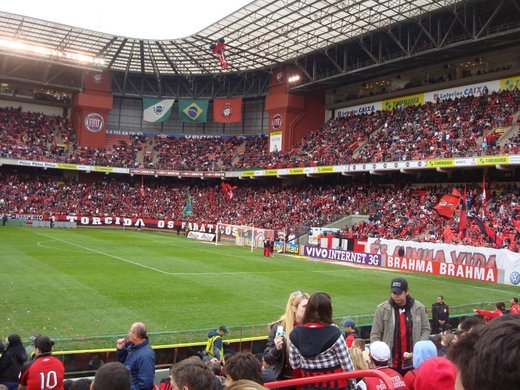
Refurbishment work on the Arena da Baixada, pictured, has been suspended by a judge (Wikimedia Commons)
Similar investigations were under way in other World Cup-related building sites, attorney Cristiane Nogueira, from the Labour attorney general’s office in Sao Paulo, told Brazilian newspaper Folha de S Paulo.
Since the news, work on Arena da Baixada stadium in the city of Curitiba, which was being refurbished for the World Cup, has been suspended after a judge said workers were at serious risk of accidents, the BBC reports.
“Countless infractions have been committed, in various stages of the building process,” the judge from Brazil’s labour tribunal said.
She said workers were in danger of “being buried, run over and of collision, falling from heights and being hit by construction material, among other serious risks,” and ordered a new inspection be carried out before work could resume.
Plans for the stadium’s refurbishment have already been scaled back following delays.
In August, Sports Minister Aldo Rebelo said he was worried about delays at the stadium and four others still being built for the tournament, warning that all the stadiums would have to be ready in December and that further delays would not be tolerated as there was “no plan B”.

